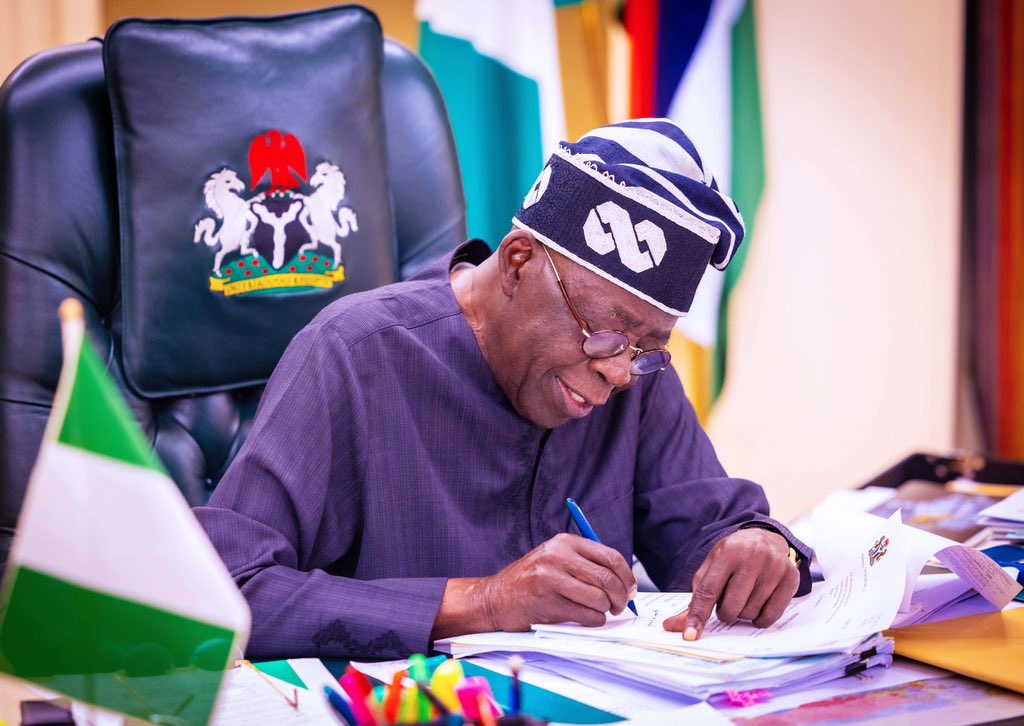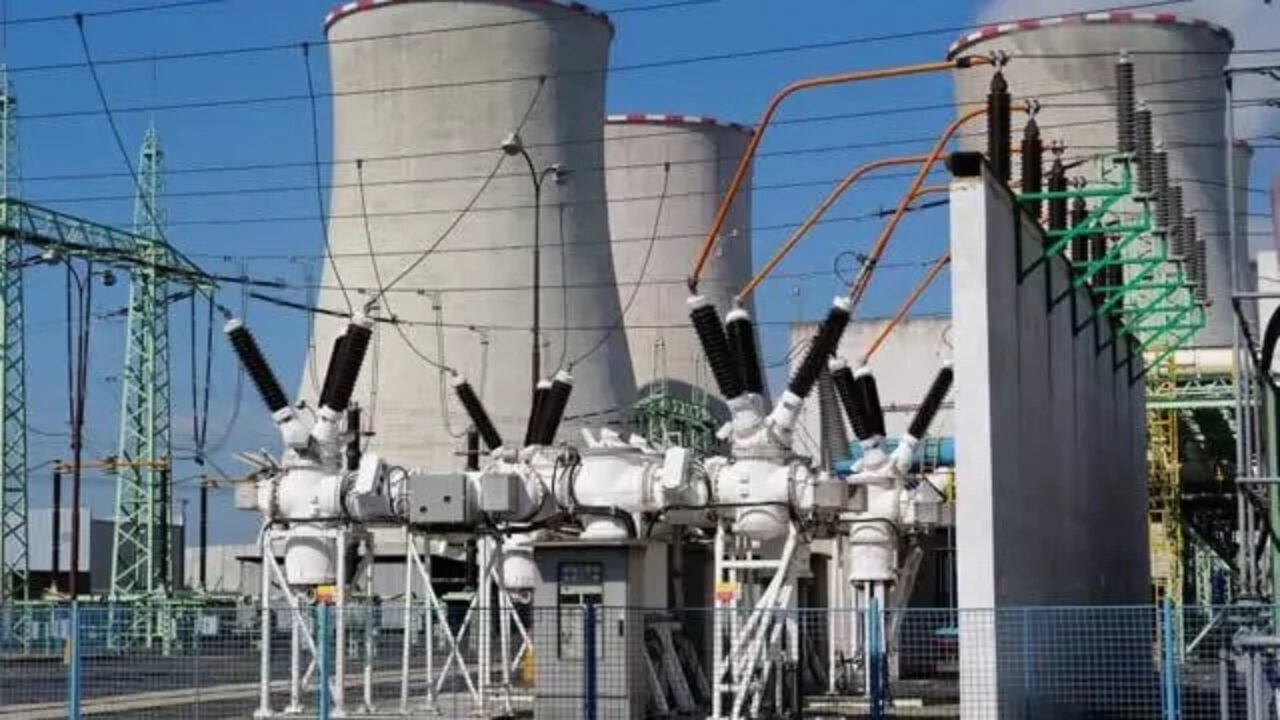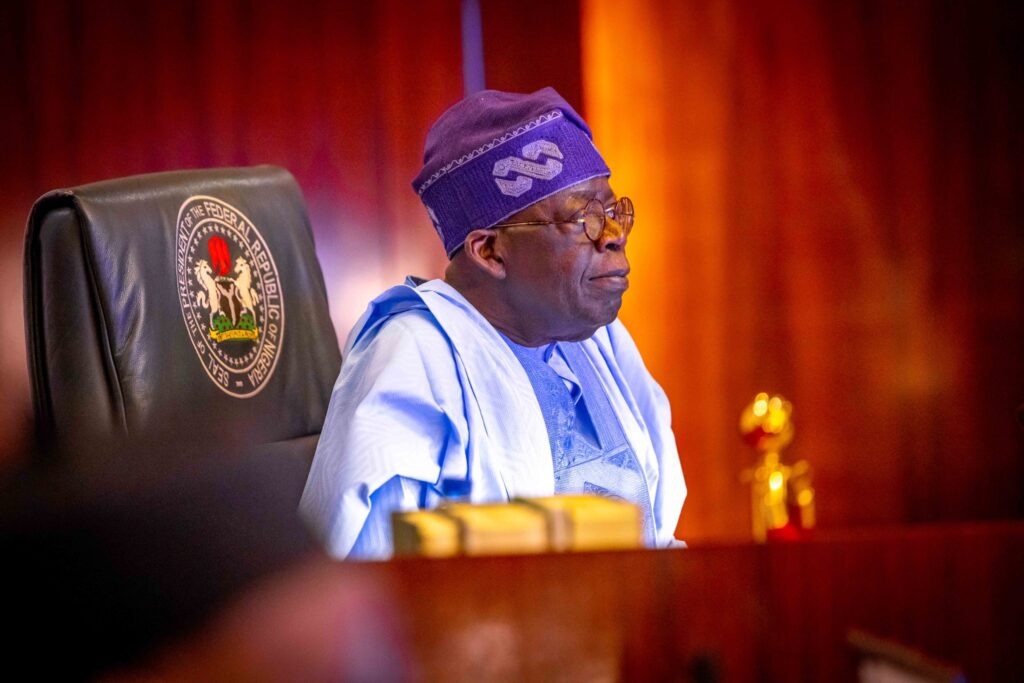In a historic move that could redefine Nigeria’s economic future, President Bola Tinubu has approved a comprehensive $122.2 billion overhaul of the country’s crippled power sector, marking the most ambitious energy reform in Africa’s history. The newly adopted National Integrated Electricity Policy and Strategic Implementation Plan (NIEP-SIP), ratified at Monday’s Federal Executive Council meeting, lays out a 21-year roadmap (2024-2045) to transform Nigeria’s unreliable electricity grid into a diversified, modern energy network powered by solar, nuclear, hydrogen, and cutting-edge gas technologies. The plan—required under Section 3(3) of the landmark Electricity Act 2023—aims to eliminate Nigeria’s infamous blackouts by attracting unprecedented private investments, decentralizing power generation, and slashing reliance on the overburdened national grid, which currently leaves 60% of Nigerians without stable electricity despite the country’s vast energy resources.
Why This Is a Game-Changer
For decades, Nigeria’s power sector has been plagued by chronic underinvestment, outdated infrastructure, and reliance on costly diesel generators—a paradox for Africa’s top oil and gas producer. The NIEP-SIP confronts these failures head-on with:
✔ 122.2 billion funding push to unlock private capital for renewables and grid upgrades
✔Immediate 192 million injection (2024-2028) to fix transmission bottlenecks
✔ Radical energy diversification into solar, wind, biomass, and nuclear—reducing gas dependence from 80% to under 50%
✔ State-level power autonomy, allowing regions to develop independent electricity markets

The Plan’s Pillars
Renewables Revolution: Scaling up solar farms, wind turbines, and experimental hydrogen projects Grid 2.0: Smart meters, automated substations, and cross-country transmission lines to curb losses (currently 40% of power vanishes in transit)
Gas with a Green Twist: Gas-fired plants paired with carbon capture tech to cut emissions
Nuclear Ambitions: Preliminary studies for Nigeria’s first nuclear power facility by 2035

Challenges Ahead
Past power reforms (like the 2013 privatization) failed to end blackouts, but Energy Minister Adebayo Adelabu insists this time is different:
“This isn’t another policy document to gather dust. We’re already procuring transformers, upgrading substations, and negotiating with global investors. Nigerians will see tangible improvements in transmission capacity within 12 months.”
What Success Would Mean
- 24/7 power for homes and factories—boosting GDP by an estimated 6% annually
- 500,000+ green jobs in solar/wind industries
- An end to $14 billion yearly losses from diesel generator reliance



